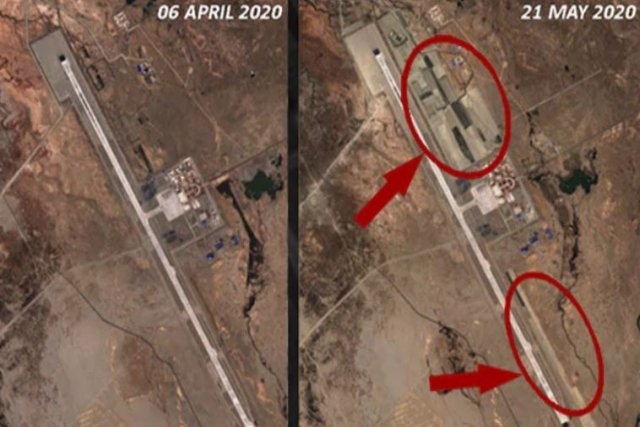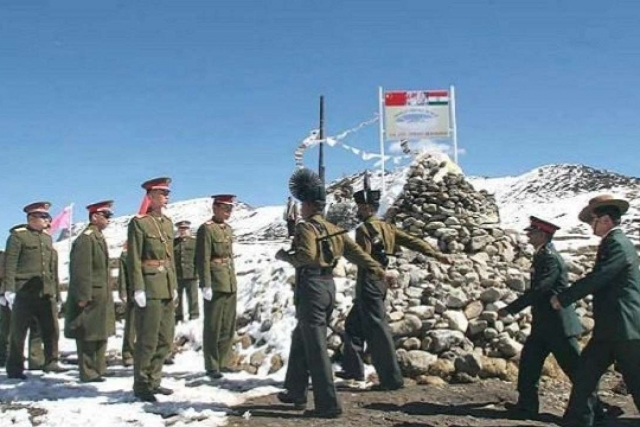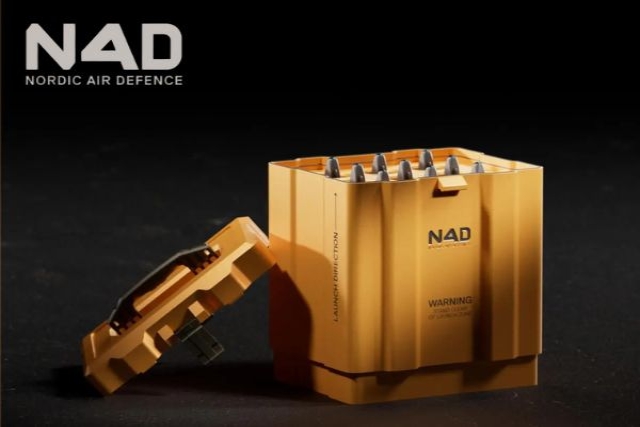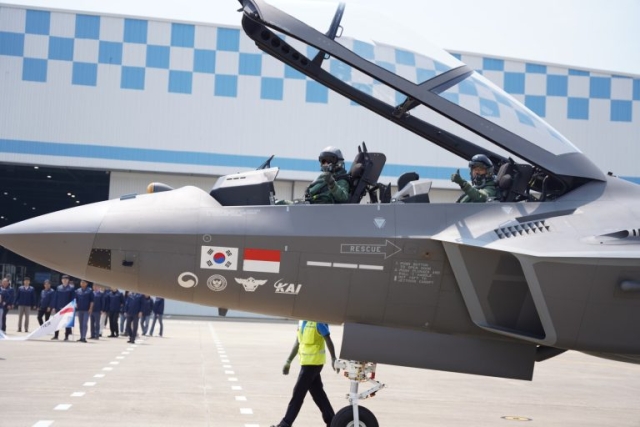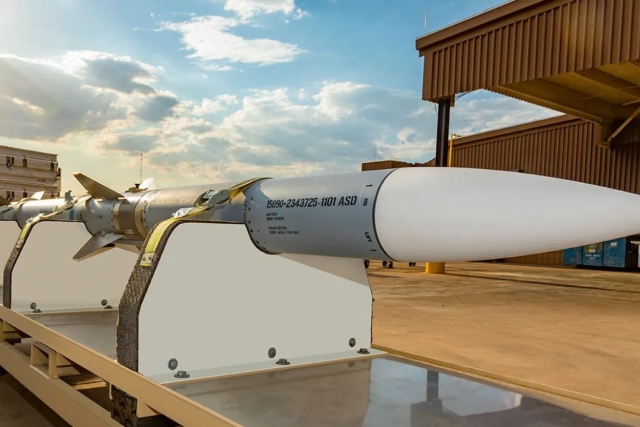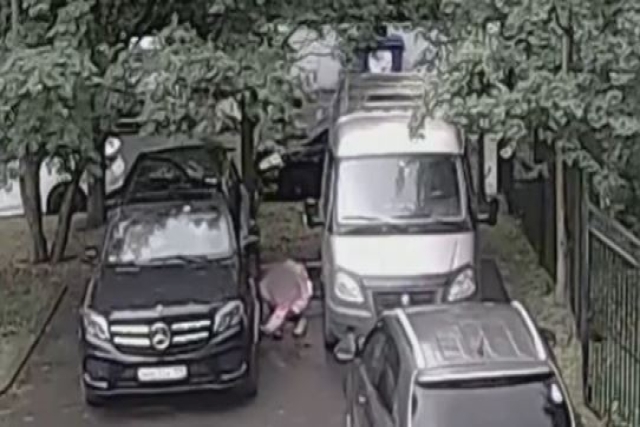Patriotism Sweeps China Following Last Rites of Chinese Soldiers Killed in Clashes with India
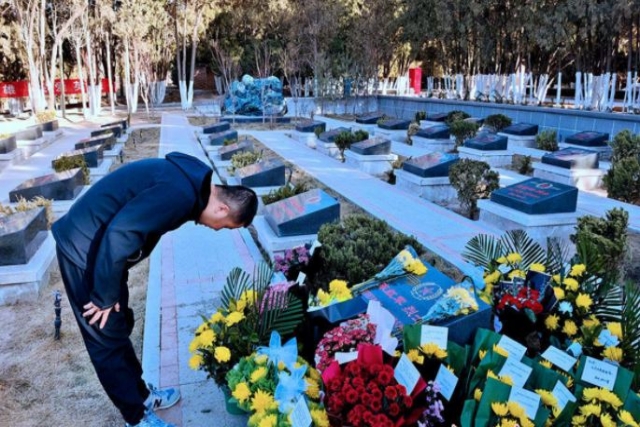
A wave of patriotism has swept throughout China after People’s Liberation Army (PLA) troops killed in Galwan Valley clashes with India last June were laid to rest.
After the remains of four PLA martyrs were brought back to their hometowns by a Y-20 military transport aircraft, local governments in East China's Fujian, Central China's Henan, Northwest China's Gansu and Shanxi held funeral honor ceremonies for the four martyrs, the Global Times reported.
It took Beijing eight months to “admit” losing four soldiers while they were fighting at the Line of Actual Control (LAC) in Ladakh. One regimental commander was also seriously injured.
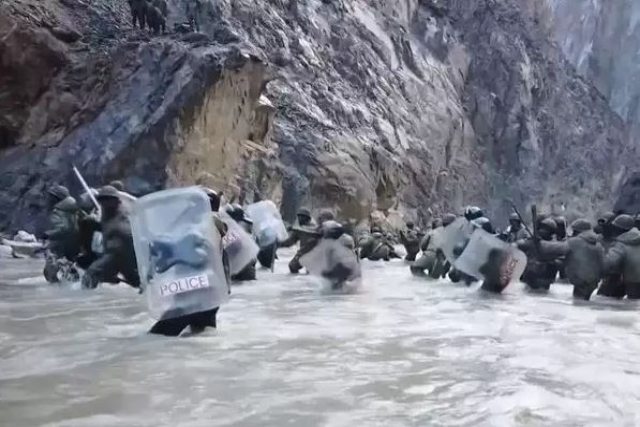
India had revealed back then that it lost 20 of its own soldiers during the clashes, touted as the deadliest conflict in the area in over four decades. Back then, New Delhi said the violent face-off resulted in “casualties on both sides.”
Ever since China made the revelations, there has been an outpouring of praise, anger and grief on Weibo, China’s Twitter-equivalent. While most posts were positive, the authorities detained three of those who “insulted” PLA soldiers.
Among the arrested was Qiu Ziming (38), known online as Labixiaoqiu. He’s an investigative journalist formerly with The Economic Observer. In messages to his 2.5 million followers on Weibo, he suggested the fatalities would have been higher. He also questioned why the announcement took so long. India’s prompt announcement, he wrote, suggested that “in India’s view they won and paid a lesser price.”
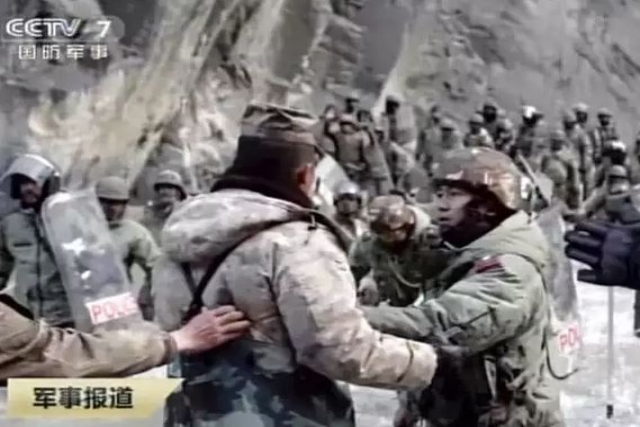
Police in Nanjing said in a statement Saturday that he was arrested for "releasing false information and smearing the four heroes who died and one who was wounded when dealing with the Indian military's illegal trespassing.”
Qiu’s social media account was also subsequently suspended.
China’s state broadcaster CCTV also shared a dramatic on-site video of the June 2020 clash. It shows Indian troops wading through a river towards Chinese soldiers in barren and ice-covered Karakoram Mountains. Since a bilateral accord prevents the use of guns by either sides, brutal clashes along the ill-defined border usually involve sticks, rocks and fist-fights.
